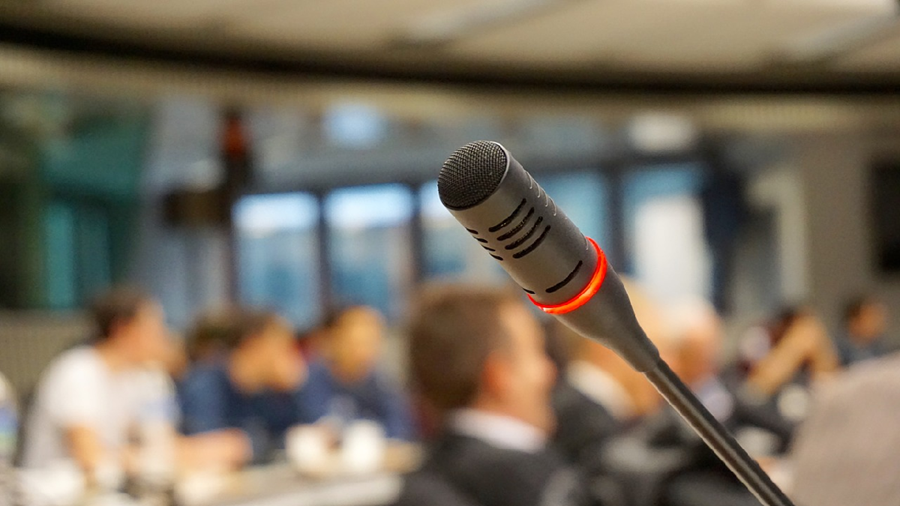In wireless information and power transfer (WIPT) systems, the goal is to design waveforms that maximize the DC power at the output of the energy harvester (EH) as well as the information rate.
Unlike most of the WIPT systems with the linear model assumption for EH, for WIPT systems with nonlinear EH there exists a trade-off between the rate and delivered power. Although after applying some approximations, some interesting results have been derived, by and large, obtaining the exact optimal trade-off analytically has so far been unsuccessful due to the presence of nonlinear components in EH.
While designing WIPT signals and systems (under nonlinear assumptions for the EH) using analytical tools seems extremely cumbersome, Deep Learning (DL)-based methods reveal a promising alternative to tackle the aforementioned problems. In fact, DL-based methods, and particularly, autoencoder based structures have recently shown remarkable results in communications, achieving or even surpassing the performance of state-of-the-art algorithms.
In this talk, we look at DL-based methods in WIPT systems and signal design. We consider signal modulation design for a point-to-point WIPT over a noisy channel. In particular, we consider the WIPT system as an autoencoder structure, where the transmitter and receiver are considered as multi-layer Deep Neural Networks (DNN).


